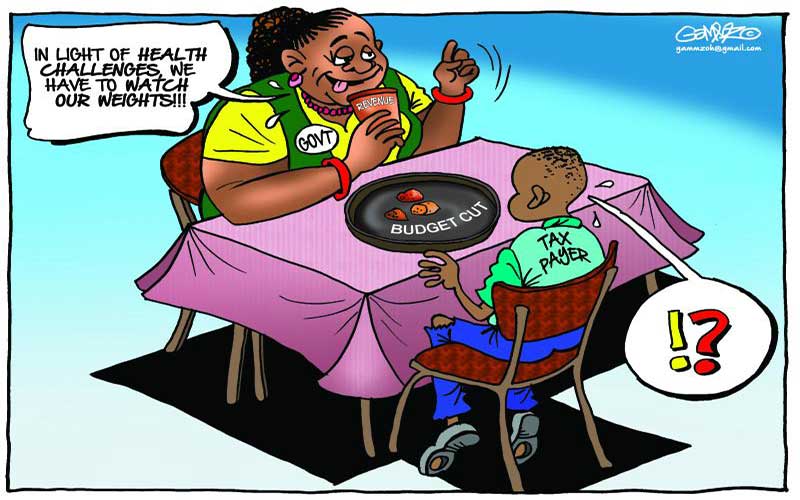×
The Standard e-Paper
Home To Bold Columnists

The fiscal budget for the year 2020/21 will be pronounced under harsh economic conditions while the world is reeling under the weight of the Covid-19 pandemic. It will also coincide with a grim picture as the number of people in need of emergency food assistance in Kenya increased to 2.6 million in the year 2019 from 1.1 million in 2015. We also have challenges with desert locusts and above normal rainfall and the resultant floods.